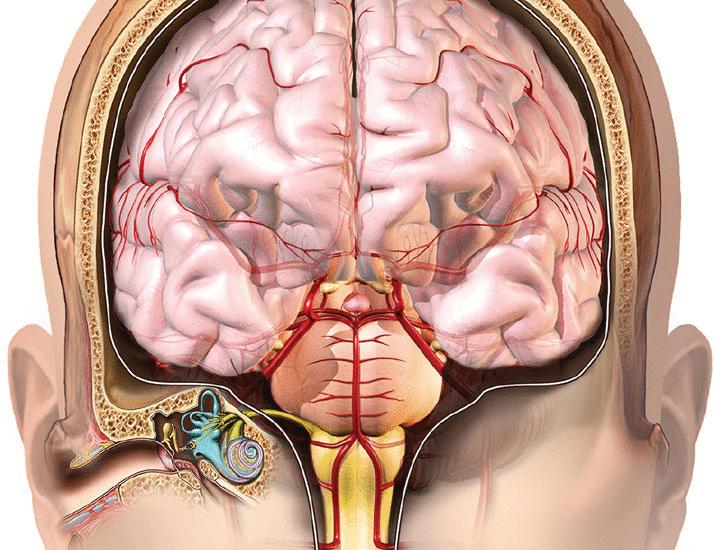A horribly embarrassing interview landed me a Ph.D. position—and taught me a valuable lesson | Science
I was interviewing for the Ph.D. program of my dreams when my potential adviser invited me to look at a sample under the microscope. I meant to grab the eyepiece, but my maneuver went spectacularly wrong when my finger got caught between the two middle buttons of his shirt. My hasty attempt to remove it only made things worse, as the shirt popped open all the way down and even his undershirt pulled out of the waist of his pants. Even now, 15 years later, just writing about it is incredibly embarrassing. But my ability to not panic in that moment landed me the position, and became one of my greatest life lessons.
It was the second phase of the selection process for an international Ph.D. program. Coming from the war-torn country of ex-Yugoslavia, I had passion for research but zero experience. The 2-day interview got off to a rocky start when another professor—the one I most wanted to work with—was so impressed by my competitor’s presentation he gave her a high-five. I went to the bathroom to cry, then reminded myself there was more than one spot to be filled, washed my face, and headed to the networking dinner. There, my future adviser found me. “It’s brave of you to apply with such a track record,” he said. “Don’t miss visiting my lab tomorrow.” I wasn’t sure whether to be flattered or insulted, but I knew I needed to impress him to have a chance at the program.
The next day, things seemed to go from bad to worse. The shuttle that was supposed to take me to the lab never showed up. I desperately hailed a taxi, but was stymied by a language barrier until I thought to show the driver the hospital’s logo on my paperwork. After he dropped me off, I had to find my way through a block of 40 hospital buildings. When I finally entered the room full of my competitors, with large sweat circles under my armpits and my face like a swollen tomato, the professor seemed amused. That’s when he invited me to the microscope and I “undressed him,” as the story was retold by those who witnessed the scene.
The rest of the group was frozen with embarrassment, but I managed to keep my composure. Compared with what I had seen growing up—bombings, widespread corruption, catastrophic inflation—this seemed like a relatively minor disruption. I took charge of the situation. “I’m so sorry,” I said, then turned to the science. “There is a nonuniformly stained part of the cell. Which organelle is it?”

When confronted with challenges, I have managed to keep a cool head and stay positive.
- Senka Holzer
- Medical University of Graz
Years later, I asked my adviser why he selected me for the position, even though my track record was weak and I had made a total fool of myself. “Oh, that’s simple,” he replied. “I was looking for a dedicated troubleshooter who won’t freak out at the time of crisis. And this is exactly what you demonstrated during the interview.” At that moment, I realized that maybe the apparent setbacks during the interview happened not to me but for me, because otherwise I would have had no chance to stand out.
Looking back, I see my whole life as a series of such experiences. I was denied Ph.D. funding in my home country as its institutions crumbled. My adviser relocated to another country in the middle of my Ph.D. My application for a prestigious grant was rejected when I was already stretched thin maintaining my career after my second child was born. But when confronted with challenges, I have managed to keep a cool head and stay positive—an approach that has helped me find my way through, all the way to the tenure-track position I recently secured.
My intensely difficult early experiences amid political and economic turmoil helped me develop resilience in the heat of crisis. Bad things happen, and not everything has a silver lining. But I’ve learned to accept what I can’t control and take charge of what I can. I certainly don’t have it all figured out. But I know that, whatever I am going through, and however undeserved and devastating it feels, it helps tremendously to ask myself a single question: What if this is happening not to me, but for me?



